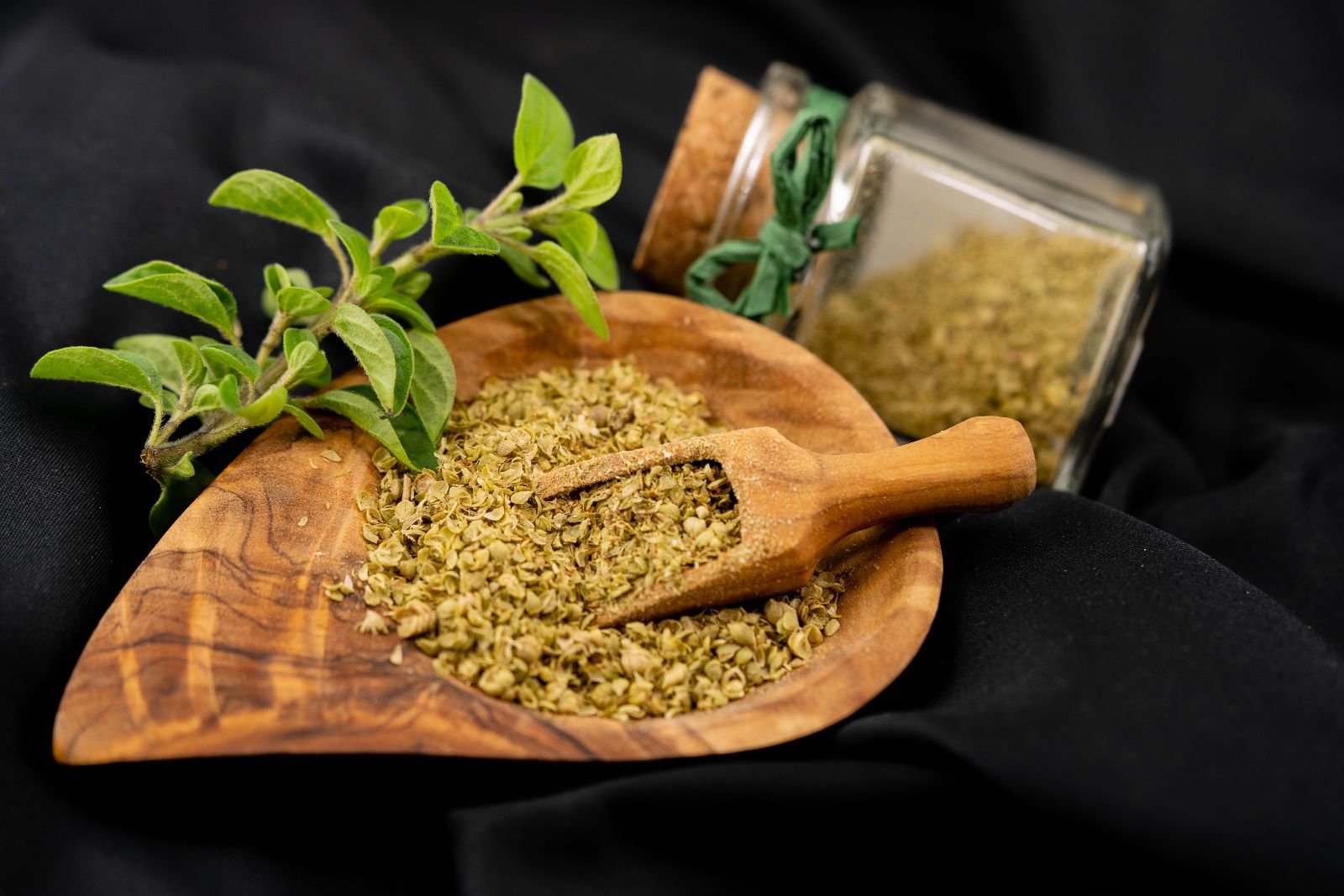This article is part of our subscriber experience—subscribe to get full access to trusted, expert-reviewed content designed to help you make confident health decisions.

|
Proven Strategies to Cultivate Resilience
About the Author
Tag News Team
This article was written by the Tag News editorial team. Every article is reviewed for accuracy and clarity by members of our Advisory Council.


